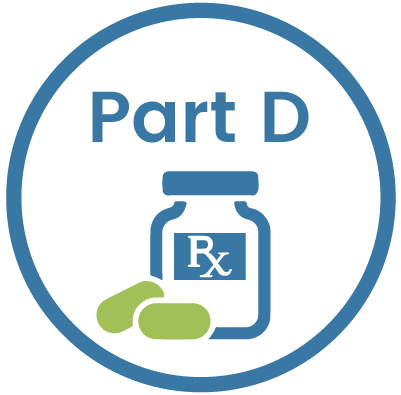We're here to help you understand Medicare
Here are some of the basics

What is Medicare?
Medicare is a national United States health insurance program for people 65 and older. It is also for people with certain disabilities or people diagnosed with end-stage kidney failure or ALS. This program is divided into various parts.

Medicare Part A
Medicare Part A is your hospital coverage. It provides you with affordable inpatient care. It also covers some in-patient skilled nursing facility care, some home health care, and hospice care.

Medicare B
Medicare Part B is the medical coverage that gives you access to a variety of outpatient services. These include doctor’s visits, laboratory testing, advanced imaging such as MRI or CT scans.

Dental, Vision, Hearing
Dental care, eye care, and hearing are not covered by Original Medicare (Parts A+B). Therefore it is up to you to find a plan that helps with covering these costs. At NSBA we offer a wide variety of carriers that can help you find a plan tailor fitted to your needs.

Medicare Supplement
Medicare Supplement insurance plans or Medigap policies are sold by private insurance companies. There are 10 modernized plans labeled A through N that pay for part, or all, of Medicare’s co-payments and deductibles. They are intended to help cover the gaps in Original Medicare (Parts A & B). Popular plans include Plan F, G, and N.

Medicare Advantage
Medicare Advantage Plans, also known as “Medicare Part C Plans” are offered by private companies approved by Medicare. If you’re enrolled in a Medicare Advantage Program, Medicare services are covered through the plan and aren’t paid for under Original Medicare. Many plans will include prescription coverage.

Medicare Part D
Part D is coverage for retail prescription drugs. These are stand-alone drug plans that add prescription drug coverage to Original Medicare. Prescription Drug Plans help with the cost of prescriptions, vaccines, and some medical supplies not covered by Medicare Part A and Part B.

Hospital Indemnity Plans
Many Medicare plans have out-of-pocket expenses for hospitalization or inpatient care. These can occur for many reasons such as an unexpected accident or an illness. A Hospital Indemnity plan is a plan that will provide you money to help cover those bills in the event that one of these was to occur. You would simply file a claim and receive a check in the mail for a covered occurrence.

Life Insurance Plans
Life insurance helps protect your loved ones by ensuring the financial resources are available for them if you were to pass away and can help cover hospital expenses, burial costs and much more. The most common types of Life Insurance are Term Life and Whole Life.



